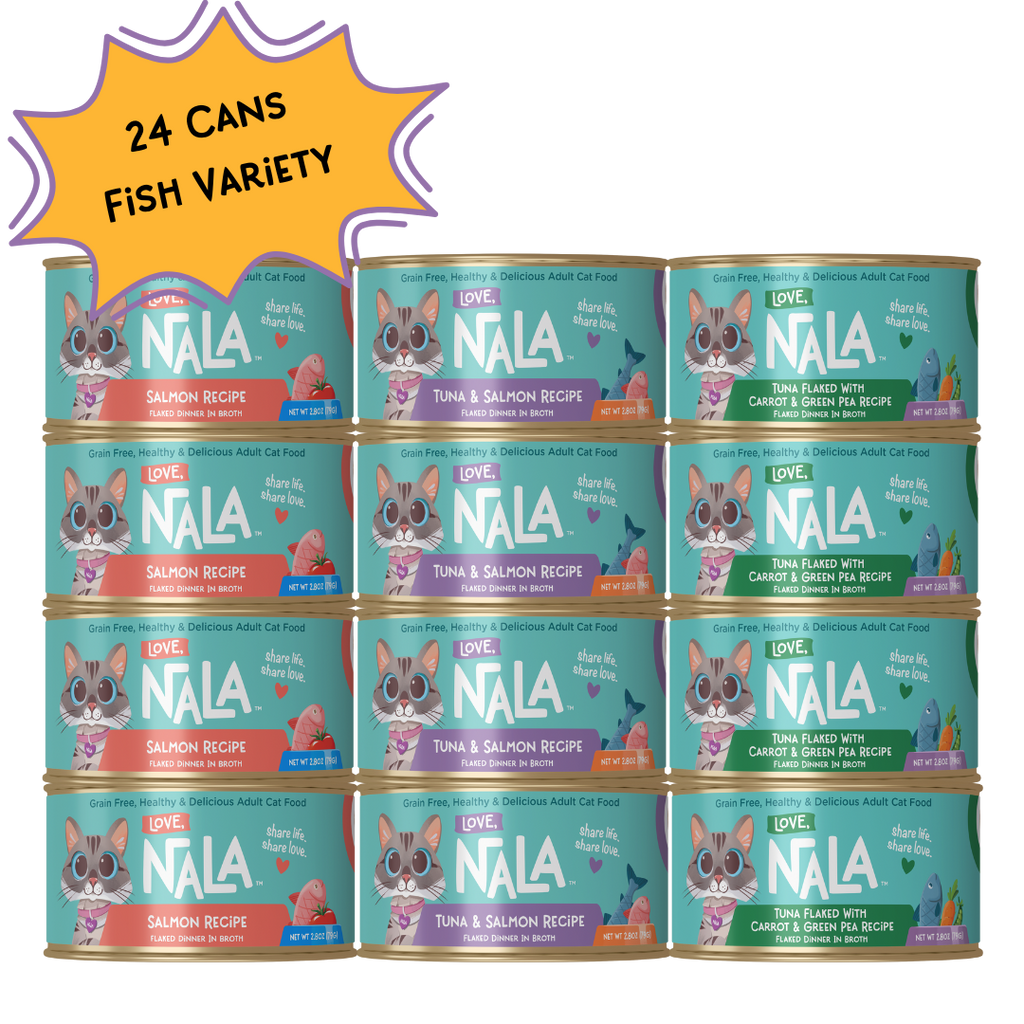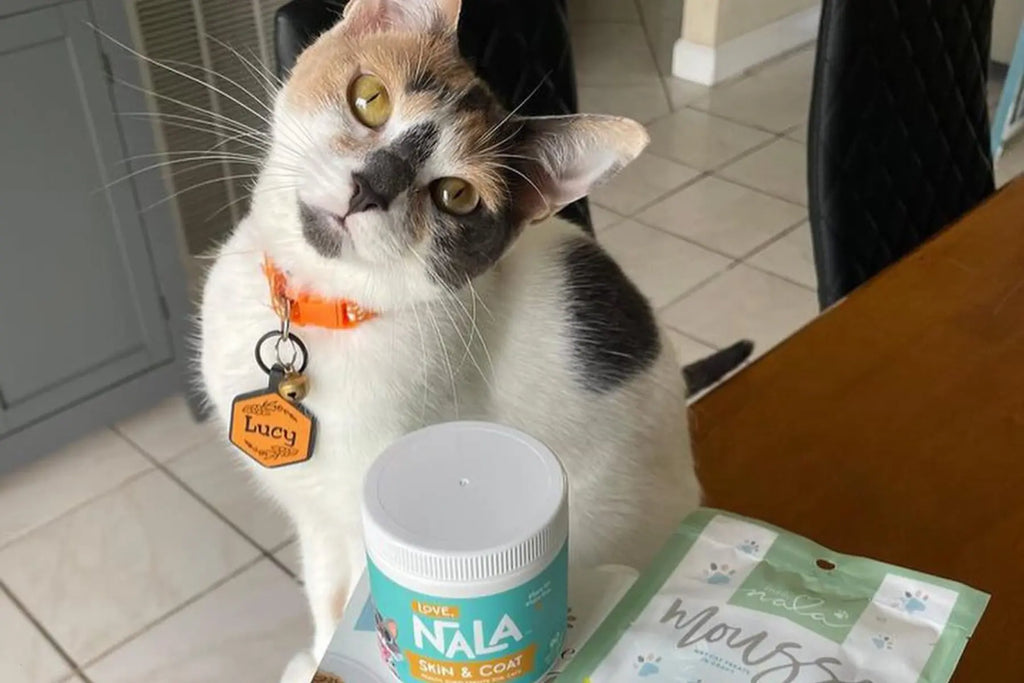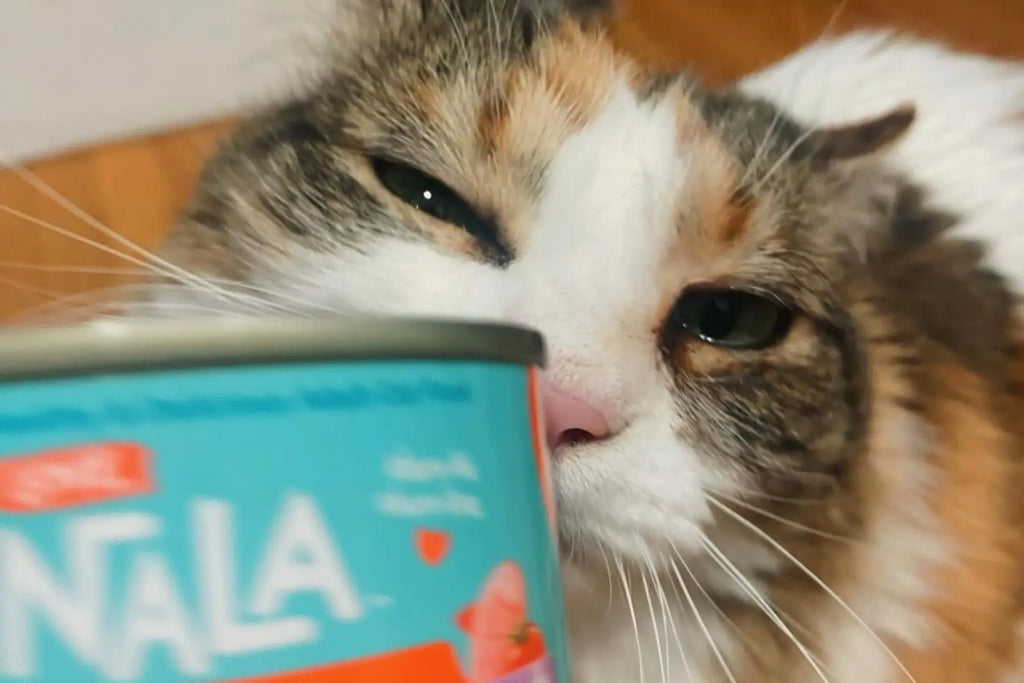Every pet owner dreams of ensuring their furry friend’s longevity and good health. However, our feline companions often encounter various health issues like obesity, kidney disease, and diabetes. A cornerstone of preventive measures against these common cat health problems is the food they consume. Through smart food choices, these issues can be mitigated or even prevented altogether.
Common Cat Health Problems and the Role of Diet
Some of the common health issues in cats range from obesity and dental disease to more serious conditions like kidney disease, diabetes, and urinary tract problems. Elderly cats can also encounter age-related issues such as arthritis or cognitive decline. The frequency and severity of these conditions can be influenced by various factors, including genetics, environment, and, notably, diet.

The Impact of Diet on Cat Health
Feeding your cat a balanced and high-quality diet can significantly reduce the risk of many health issues. For example, the healthiest wet cat food can often provide superior hydration and nutrient content, benefiting cats with urinary health problems. Similarly, grain-free cat food can be helpful for cats with allergies or dietary intolerances. Conversely, an inappropriate diet can contribute to obesity, urinary tract problems, and other health issues.
Dietary Strategies for Cat Health
A balanced diet is vital for a cat's health, just as it is for humans. This includes appropriate amounts of proteins, carbohydrates, fats, vitamins, and minerals. For example, the best wet cat food for urinary health will contain lower levels of magnesium and phosphorus, nutrients that, in excess, can contribute to urinary problems. Ensuring that your cat receives a well-rounded diet is essential to their overall well-being. Here are some additional dietary strategies to consider:
- Portion Control - This is crucial to prevent overfeeding and weight gain, a common problem, especially in indoor cats. Understanding the caloric needs of your cat and feeding them accordingly can go a long way in maintaining a healthy weight. It's important to consult with your veterinarian to determine the appropriate portion size for your cat based on their age, activity level, and overall health, including the recommended amount of healthy cat treats to incorporate into their diet.
- Hydration - Ensuring that your cat stays well-hydrated is crucial, particularly for those prone to urinary tract issues. In such cases, healthy wet cat food can be more beneficial than dry food due to its higher moisture content. Offering fresh water at all times and considering wet food options can help promote proper hydration and support urinary health.
- Foods to Avoid - Certain foods can be harmful, or even toxic, to cats. Chocolate, onions, and certain types of plants are among the substances to avoid. It's essential to read labels when purchasing cat food, even with the healthiest dry cat food, to make sure it doesn't contain any harmful ingredients. Additionally, be cautious with table scraps and avoid feeding your cat any human food that may be toxic to them.
By implementing these strategies and working closely with your veterinarian, you can help ensure that your feline friend receives the best possible nutrition and maintains optimal health throughout their life. Remember, each cat is unique, so it's important to tailor their diet to their individual needs.
How Good Nutrition Boosts Overall Health and Immunity
Providing your cat with good nutrition not only contributes to their overall health and well-being but also strengthens their immune system.
Health Improvement
A balanced diet can lead to an overall improvement in your cat's health, including a shiny coat, healthy skin, lean body mass, and good dental health. It can also aid in digestion, reducing the risk of conditions such as constipation or diarrhea. Proper nutrition provides the necessary building blocks for your cat's body to function optimally, promoting vitality and well-being.
Immunity Boost
A diet that's rich in essential vitamins, minerals, and other nutrients can help bolster your cat's immune system, making them less susceptible to various diseases. For instance, foods fortified with vitamins C and E can help boost the immune system. Vitamin C stimulates the production of white blood cells, which are crucial for fighting off infections, while vitamin E acts as an antioxidant, protecting the cells from damage caused by free radicals. These nutrients work synergistically to enhance your cat's immune response and ensure a robust defense against pathogens.
Furthermore, a well-nourished cat is more likely to recover quickly from illnesses or injuries. Adequate nutrition supports the body's healing processes, enabling the immune system to function effectively and promote a speedy recovery.
Practical Tips for Implementing Dietary Strategies
When it comes to your cat's nutrition, it's essential to be able to identify high-quality cat food. Looking at labels is key to understanding what's in your cat's food. Ingredients are listed in order of weight, so one practical tip is to look for foods with animal protein sources listed first. This ensures that your cat is receiving the necessary nutrients from quality protein. Additionally, cat food for urinary health and related products will usually advertise its benefits on the packaging, making it easier for you to choose a suitable option for your cat's specific needs.
As cats age, their dietary needs change, and it's crucial to modify their feeding routines accordingly. Senior cats, for instance, their bodies may require different nutrients to support their aging bodies. It may be beneficial to transition them to the best wet food for senior cats, which has higher moisture content and is easier to eat, especially if they are experiencing dental issues. This type of food helps keep them hydrated and provides them with the necessary nutrients in an easily digestible form.
Another practical tip for modifying feeding routines is to consider the lifestyle of your cat. Indoor cats, for example, tend to be less active than outdoor cats and may have different dietary requirements. Feeding them the best cat food for indoor cats can help manage their weight and support their unique needs. These foods are often formulated with fewer calories to prevent excessive weight gain and may also contain additional ingredients to support their overall well-being, such as hairball control.

Importance of Regular Vet Check-Ups and Individualized Diet Plans
As mentioned previously, regular vet check-ups are an integral part of keeping your cat healthy. Your vet can monitor your cat's weight, advise on diet changes, and address any health concerns before they become severe. For example, they may recommend hypoallergenic cat food for cats with food allergies or the best cat food for sensitive stomachs if your cat is having digestive issues.
Remember, every cat is unique and there's no one-size-fits-all approach when it comes to diet. Whether it's grain-free, hypoallergenic, or the healthiest dry cat food, the best diet for your cat will depend on its age, health status, lifestyle, and personal preferences. So, keep your feline friend's individual needs in mind, make smart food choices, and maintain regular vet check-ups to ensure optimal health and well-being. The road to your cat’s longevity and happiness starts with the food in its bowl.




















